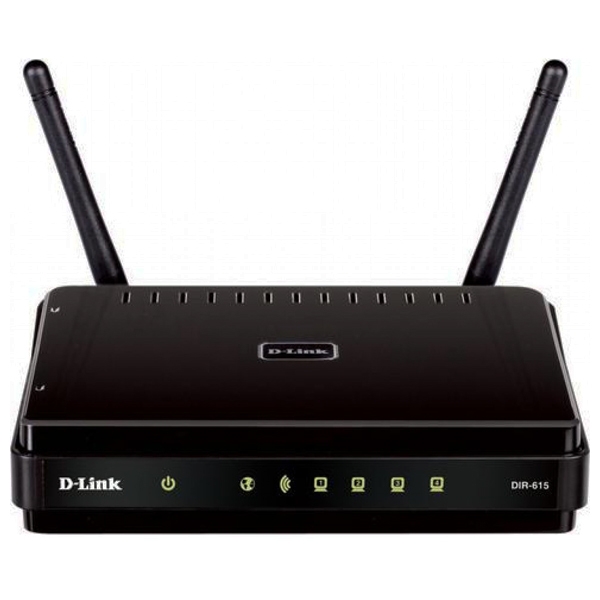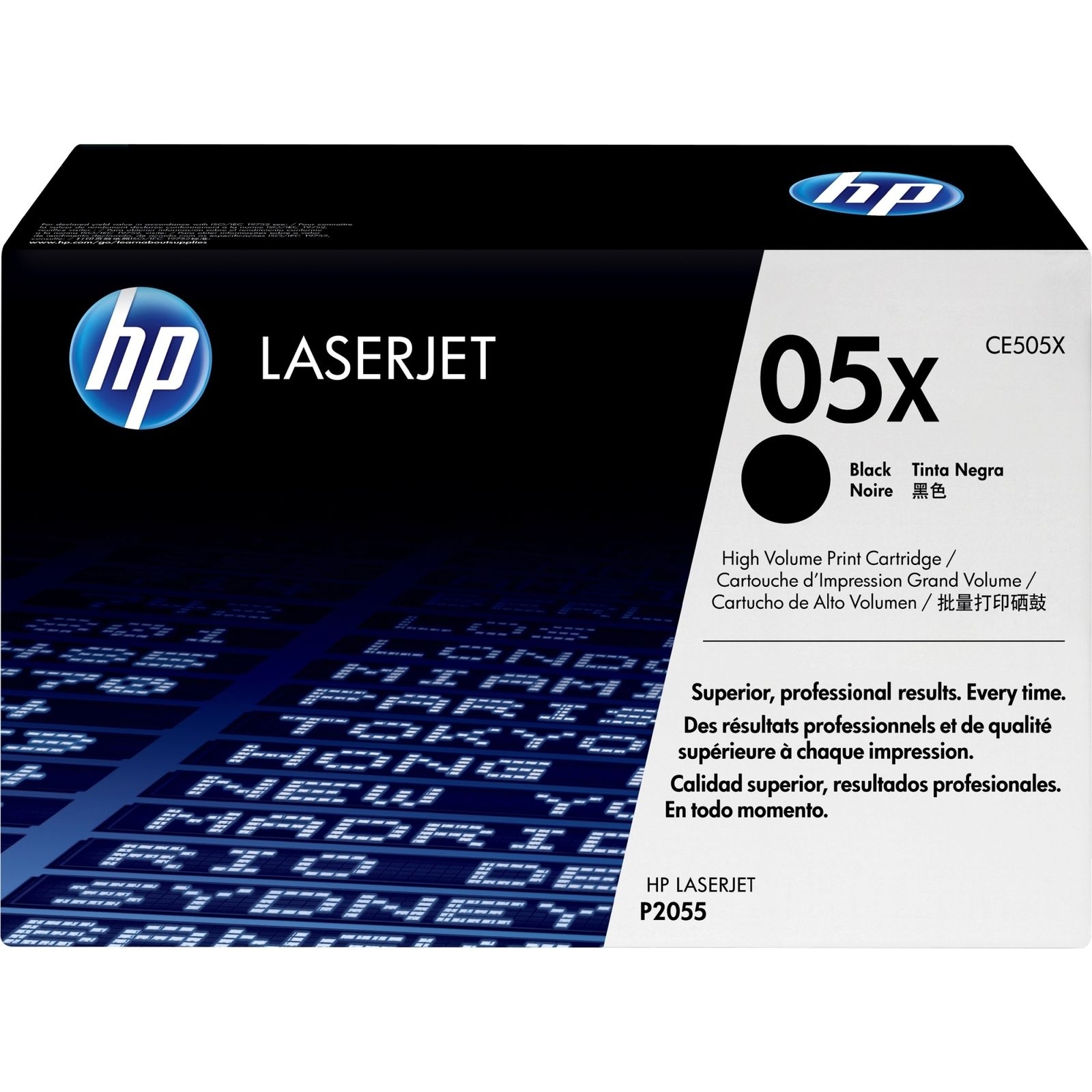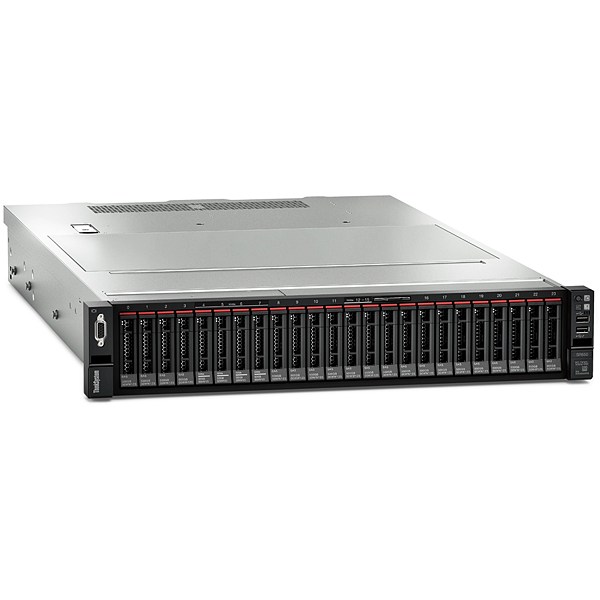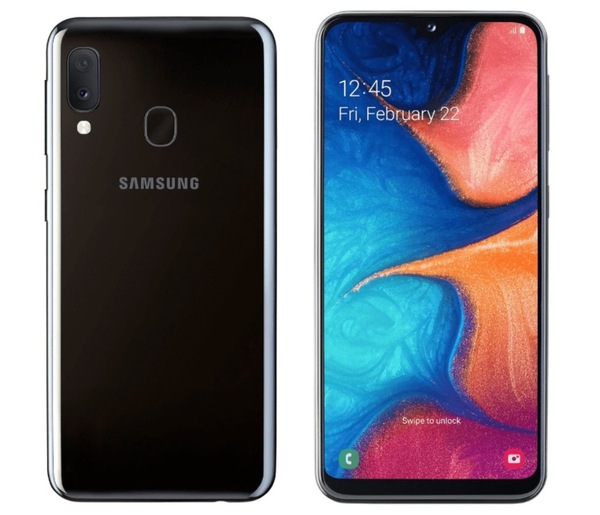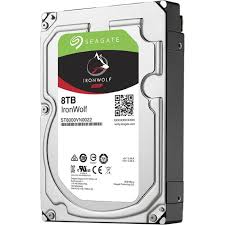Content
Before deploying, ensure your MetaMask is set to the Sepolia testnet and your smart contract is selected for deployment. Finally, click the Deploy button to initiate the deployment process. While you can further customize the code for specific functionalities, this method allows you to launch your cryptocurrency with a secure and efficient starting point. Now, let’s dive into the technical process of how to create your own cryptocurrency and discuss what you need https://www.xcritical.com/ to consider during and after its creation.
How to Create Your Own Cryptocurrency – 3 Different Methods to Choose From
This use case, as outlined in the whitepaper, will determine the type of blockchain and technology you will use. Finally, maintaining, nurturing and growing your cryptocurrency over time will be the biggest challenge of all. Nodes are the backbone of your blockchain, responsible for storing and verifying transactions. Acquire the necessary hardware and configure nodes to ensure the integrity of your cryptocurrency. Properly set up nodes contribute to the security and functionality of the blockchain. Before diving into development, a comprehensive understanding of the problems your cryptocurrency aims to solve how to create your own crypto is crucial.
Step 8: Promote Your Crypto and Build a Community
Charles Lee was going to link the value of his coin to the value of silver. Calm down, we’re happy to help you figure it all out, step by step. In addition, think in advance what will be interesting for users in two to three years, what digital trends should be expected. By paying due attention to all of the above points, you improve the prospects of your project at times. The fact is, that new currencies with almost identical characteristics are constantly appearing in the world.
Conclusion: How to Create a Cryptocurrency Coin
Every successful crypto coin has its own community, which helps to develop, improve, and promote it. It’s not enough to set up your own cryptocurrency, it’s important to make it legal. An external audit company would be able to help you with this task.
- In this article, we’ll explore how to create a cryptocurrency on your own and what you need to do to succeed.
- Because coins are on their own blockchains, you’ll have to either build a blockchain or modify an existing one for your new coin.
- The developers of Litecoin, for example, created it by forking from Bitcoin.
- The art of engaging with influencers and forging strategic partnerships is akin to navigating the trade winds of the cryptocurrency market.
- Consider web, mail, and FTP servers, along with front-end programming languages, to design interfaces that are intuitive and easy to navigate.
While most will be simple enough, others (such as legality) could cause you a massive headache if you don’t do your homework. Initiate a strategic marketing campaign to spread awareness about your cryptocurrency. Collaborate with reputable influencers, avoiding pump-and-dump shillers, and explore Initial DEX Offerings (IDO) launchpads for exposure.
And this name is true for any crypto coins except for bitcoins (these pioneering coins don’t need any extra clarification). Smart contracts stand as the self-actualizing prophecies of the blockchain world, with the terms of agreements etched into code, dictating the execution of transactions and eliminating the need for intermediaries. They serve as the architects of tokens, laying down the rules within their code and automating processes that traditionally required human intervention. Having read this far, you already have a fairly clear picture of what it takes to create a new blockchain. Before starting any new complex project it’s always a good idea to take a deep breath and evaluate once again if this is something you should be investing your time and money in. A common product is an ERC-20 token, the standard for those built on the Ethereum blockchain.
The time it takes to create a cryptocurrency independently will vary depending on your technical expertise as well as currency needs and preferences throughout development. The application programming interface (API) is an interface linking to a blockchain node or a client network. For example, an API can interface between the currency exchange and an application that collects data about that currency. APIs can work for many purposes in the world of cryptocurrencies, but the most common include trading currencies, providing data security, and obtaining currency analysis.
When you create your cryptocurrency from scratch, you get the best control over it, especially the consensus mechanism. However, getting access to the source code doesn’t spare you the work you have to put into building a network large enough to have your blockchain considered secure. Cryptocurrencies can be split into coins and tokens, and it’s crucial to understand the difference. Recognize that creating a cryptocurrency is not a one-time project but a continuous endeavor. Maintaining and growing your cryptocurrency involves addressing technical challenges, implementing updates, and actively engaging with the community.
Building a robust community and ensuring legal compliance are not mere afterthoughts but integral components that will determine the longevity and success of the cryptocurrency. Embark on this path not just as a creator but as a visionary, ready to leave an indelible mark on the financial world. Usually creating a new coin or token requires some computer coding expertise, but you also can choose to hire a blockchain developer to create a digital currency for you. Launching a token on an existing blockchain platform like Ethereum can be accomplished with relatively little technical expertise. The creation of your own cryptocurrency is a multifaceted journey that requires meticulous planning, advanced technical knowledge, and an unwavering spirit of innovation. Whether one chooses to launch a new blockchain, fork from an existing one, or craft a token on a pre-established platform, the path to creating a cryptocurrency is filled with both challenges and opportunities.
Highly customized coins established on native blockchains are the costliest to develop, while establishing a standardized token, for example, on the Ethereum platform, can be free. Over the past years, blockchain technology has gained so much popularity that it has pushed more money into that sector. Currently, thousands of cryptocurrencies are running on several blockchains that act as a support structure for digital coins. There are plenty of developers and companies that can do the technical work and then hand you a finished product. Forking an existing blockchain might be a lot quicker and less complicated than creating one from scratch.
China also prohibited any crypto mining by June 2021 and finally outlawed cryptocurrencies outright in September. To ensure legal compliance, you can even ask for an external audit. A 51% Attack (Majority Attack) is an attack on the blockchain by a miner (or group of miners) who owns more than 50% of the network’s mining hash rate or computational power. The pre-written code performs essential functions like setting the token’s name and creating an initial supply. Import “@openzeppelin/contracts/token/ERC20/ERC20.sol”; – Imports the ERC20 contract from OpenZeppelin as a base. I’m a technical writer and marketer who has been in crypto since 2017.
You can decide to mint the complete supply of coins in a single batch, or gradually increase the coin supply over time as new blocks are added to the blockchain. But again, if you’re doing it to learn or for fun, it’s an excellent way to see what the blockchain and cryptocurrency boom is all about. Because cryptocurrencies have become popular with speculators and people trying to earn profits from emerging technology, it’s only natural to ask whether you should create one to get in on the action. However, there are a few questions you should ask yourself before starting a project like this. Unless you have expert development knowledge, you’ll need external help to build your ideas.
To keep things simple, we will assume you’re going to create a cryptocurrency with a real purpose and vision. If you want to launch some silly token on Ethereum or other chains simply, there are plenty of simplified token creation platforms on the web that will allow you to create one in minutes. Analyze competitors to understand market dynamics and identify gaps in existing solutions.
Coins like Bitcoin are minted gradually, as miners validate new blocks of transactions. They might have some similar roles to coins, but tokens mainly have utility in their own projects. You can also use it to pay for certain transactions in the PancakeSwap ecosystem, like minting Non-Fungible Tokens or playing their lottery.
The trick is to make it clear for both tech-savvy folks and those just getting into the crypto scene. A good whitepaper not only attracts investors but also helps the project team stay on the same page as they bring their crypto dreams to life. Cryptocurrencies come in two primary forms – coins and tokens – each with its own set of characteristics, use cases, and underlying technologies.
Consider address formats, public/private key management, permissions, and issuance protocols. These elements form the foundation of your cryptocurrency and should be carefully designed for long-term viability. Solana is another example of a coin that exists on its blockchain, providing utility both as a medium of exchange and as a token within the Solana ecosystem. Non-fungible tokens (NFTs) represent a unique piece of digital property, like artwork. With the verified code, you can mint your token through BscScan by using the _mint call implemented in the contract. Go to the contract address on BscScan and click [Write Contract], then click [Connect to Web3] to connect your MetaMask account.
With a clear internal architecture, execute the creation of your cryptocurrency. Whether following the ERC20 route or custom development, ensure thorough research and, if needed, enlist the expertise of trusted blockchain developers. Guarantee the platform’s trustworthiness to mitigate potential risks. Central to success is a clear understanding of the project’s purpose, articulated meticulously in the whitepaper to identify the unique selling proposition (USP). This USP refines the project’s focus and establishes a compelling narrative that resonates with users and investors.
The other three require proficiency in programming languages like Python, C++, Java, Ruby, Solidity, or others. It’s also important to note that it is very rare for a blockchain and cryptocurrency to be created by one person. There are simply too many factors to consider, which is why you see teams of developers working on these projects via a GitHub repository or other programming project collaboration website.
With DApps, you can create an ecosystem that provides more use cases and functionality to your token. Ethereum and BNB Smart Chain are popular blockchains for creating digital currencies. You can either use established code to create tokens yourself or pay to use a coin creation service.


